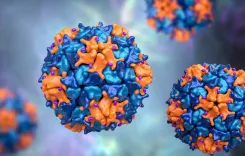10 Fruits and Veggies You Should Never Store Together
By Ashmal Shah
27 May 2023
Proper storage of fruits and vegetables is essential to maintain their freshness, flavor, and nutritional value. However, not all produce should be stored together. Some fruits and vegetables emit ethylene gas, a natural ripening hormone, which can accelerate the spoilage of other nearby produce. In this article, we will highlight ten fruits and veggies that should never be stored together to help you maximize their shelf life and quality.
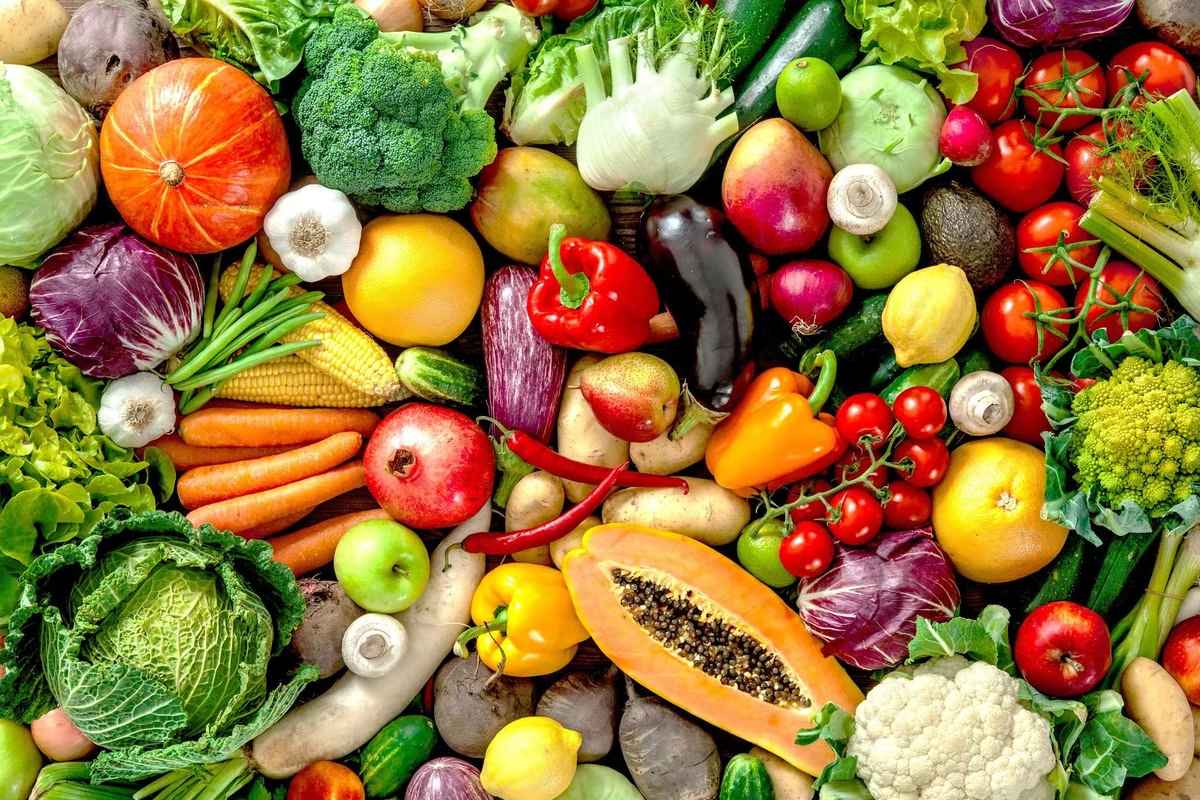
1. Apples and Leafy Greens
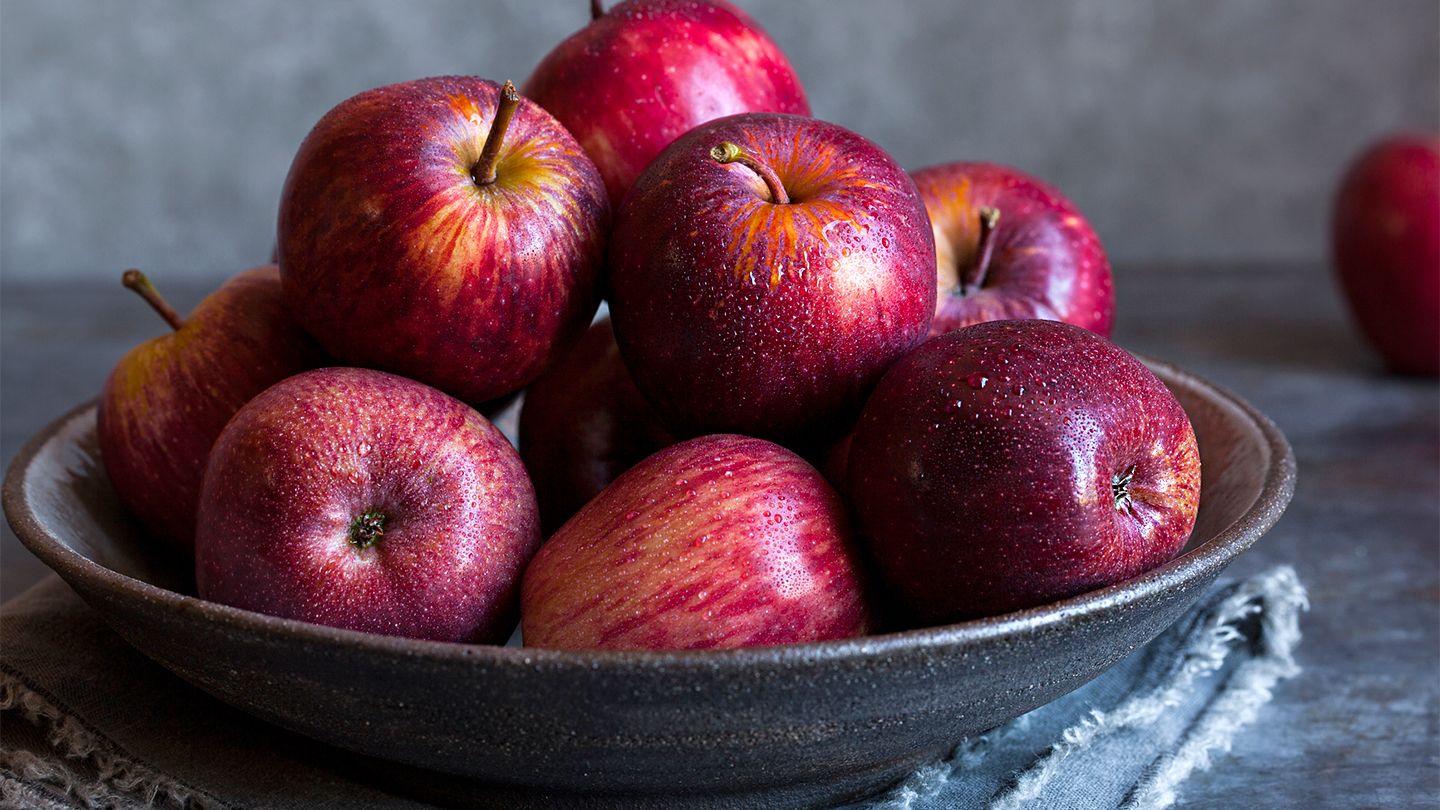
Apples release a significant amount of ethylene gas, which can cause leafy greens, like lettuce and spinach, to wilt and deteriorate quickly. Store leafy greens separately in a breathable bag or container to maintain their crispness and freshness.
2. Bananas and Berries
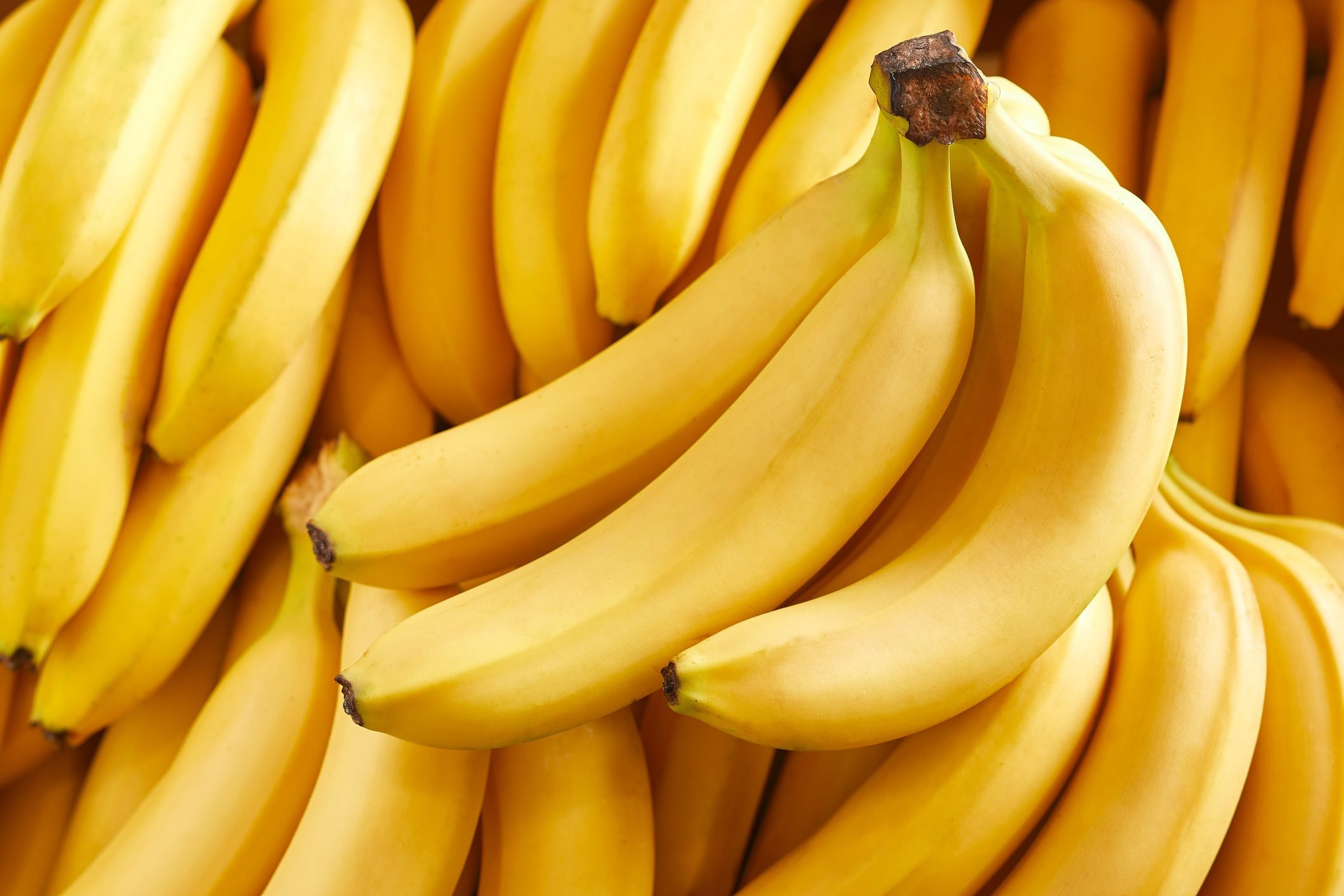
Bananas are notorious for emitting ethylene gas, which can speed up the ripening process of berries, such as strawberries and raspberries. To prevent premature spoilage, store bananas separately from berries and enjoy their prolonged freshness.
3. Tomatoes and Potatoes
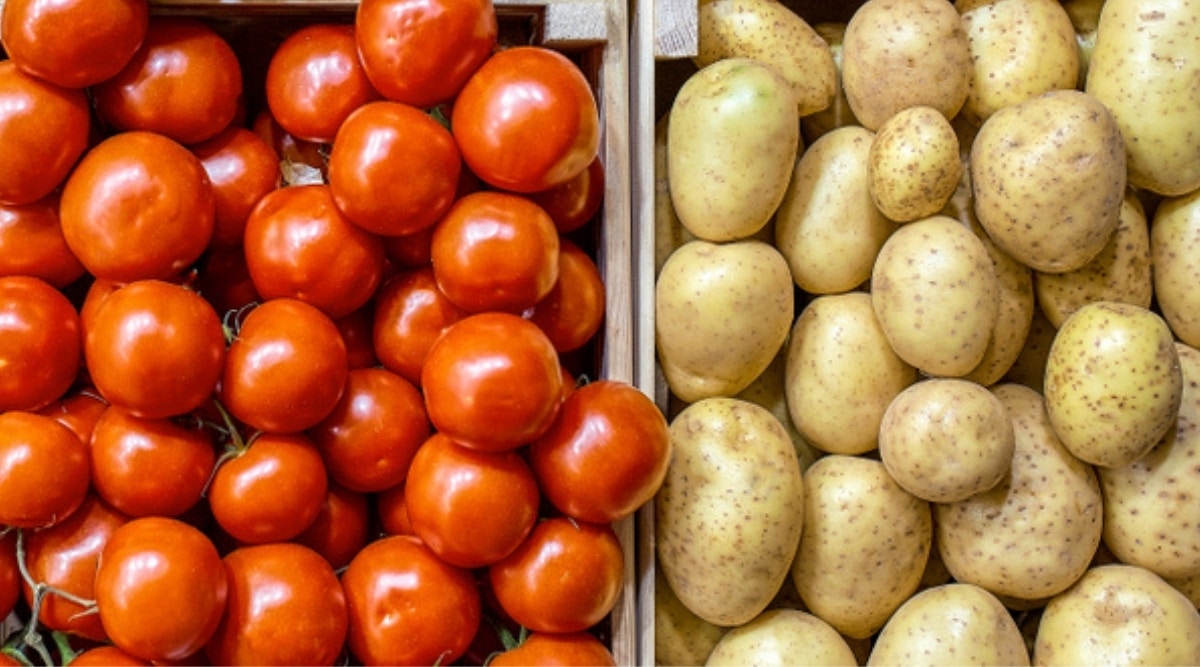
Tomatoes emit ethylene gas and can cause potatoes to sprout and spoil more quickly. Keep tomatoes and potatoes in separate locations. Tomatoes should be stored at room temperature, while potatoes prefer a cool, dark, and well-ventilated space.
4. Avocados and Apples
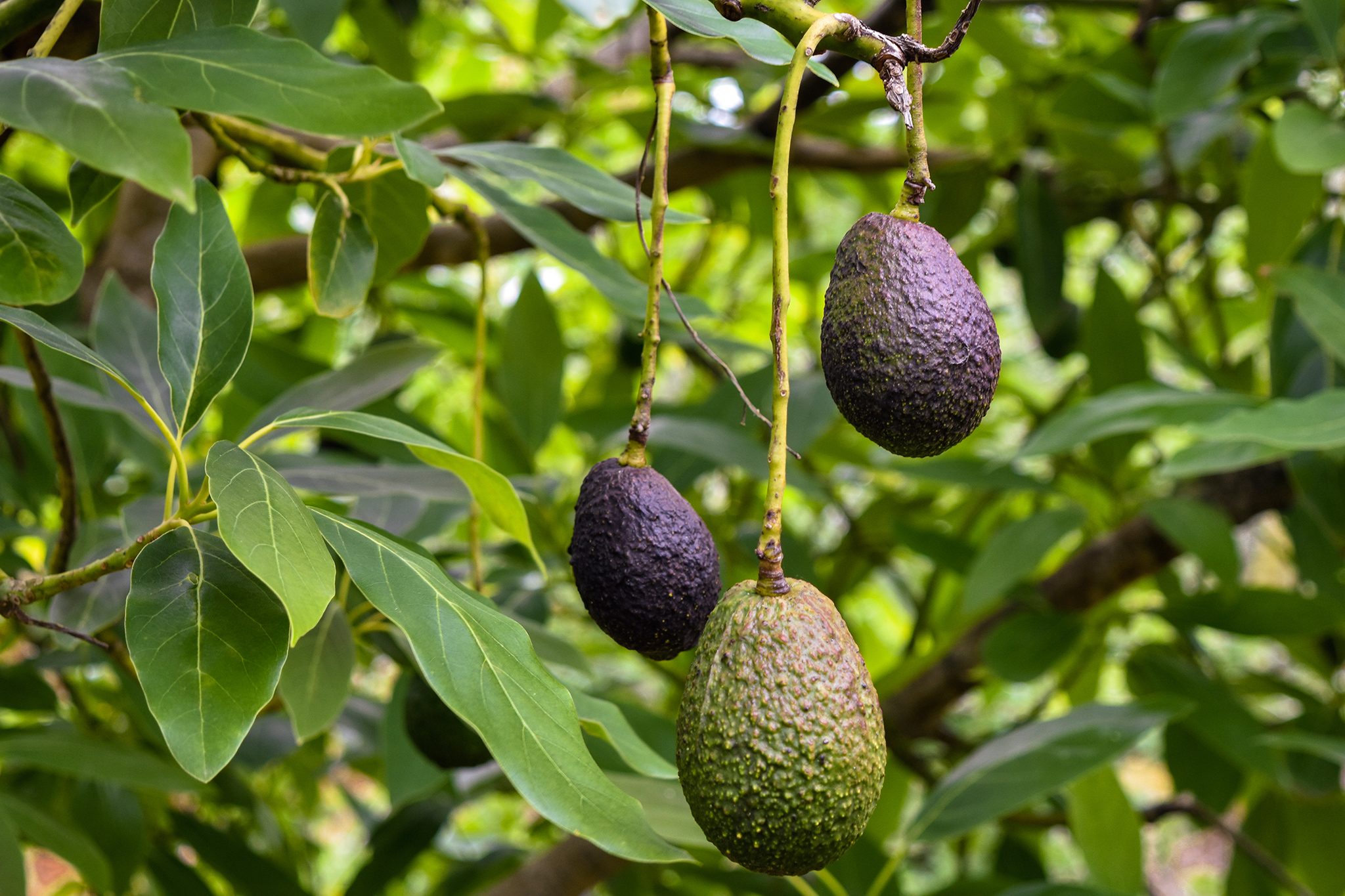
Avocados are sensitive to ethylene gas and can ripen too quickly when stored with apples. If you want to slow down the ripening process of avocados, keep them away from apples. Alternatively, if you need to hasten avocado ripening, store them in a paper bag with an apple.
5. Onions and Potatoes
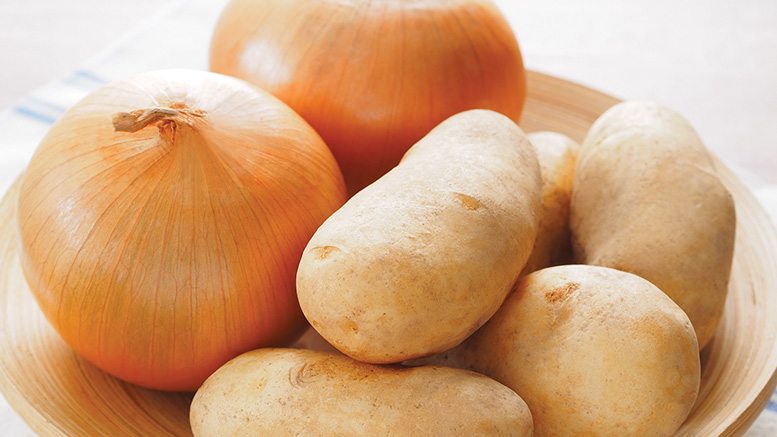
Onions release moisture, which can cause potatoes to spoil faster. Store onions in a cool, dry place with good airflow, while potatoes require a cool, dark, and well-ventilated space.
6. Peaches and Bananas
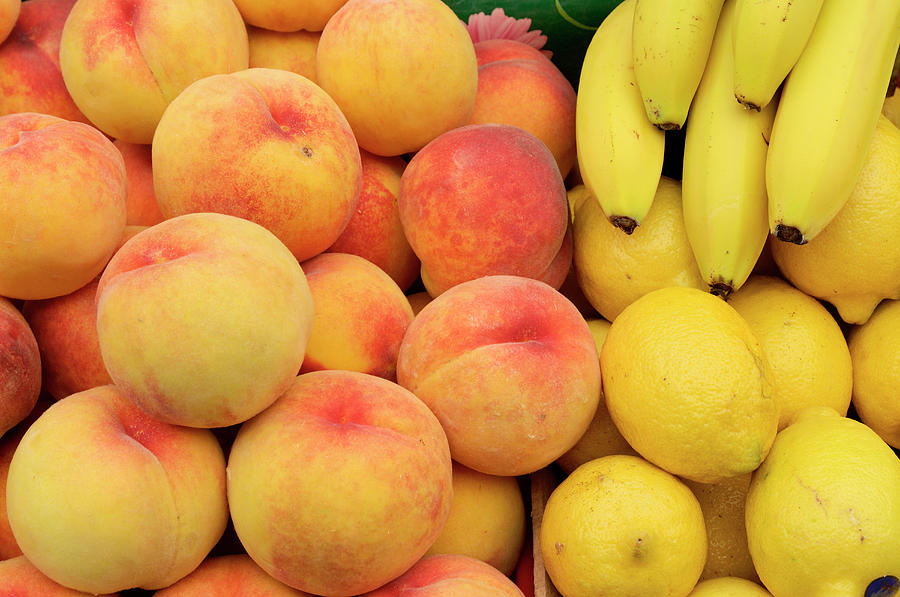
Peaches are highly sensitive to ethylene gas and can quickly become overripe when stored with bananas. To maintain the quality of peaches, keep them separate from bananas.
7. Citrus Fruits and Other Fruits
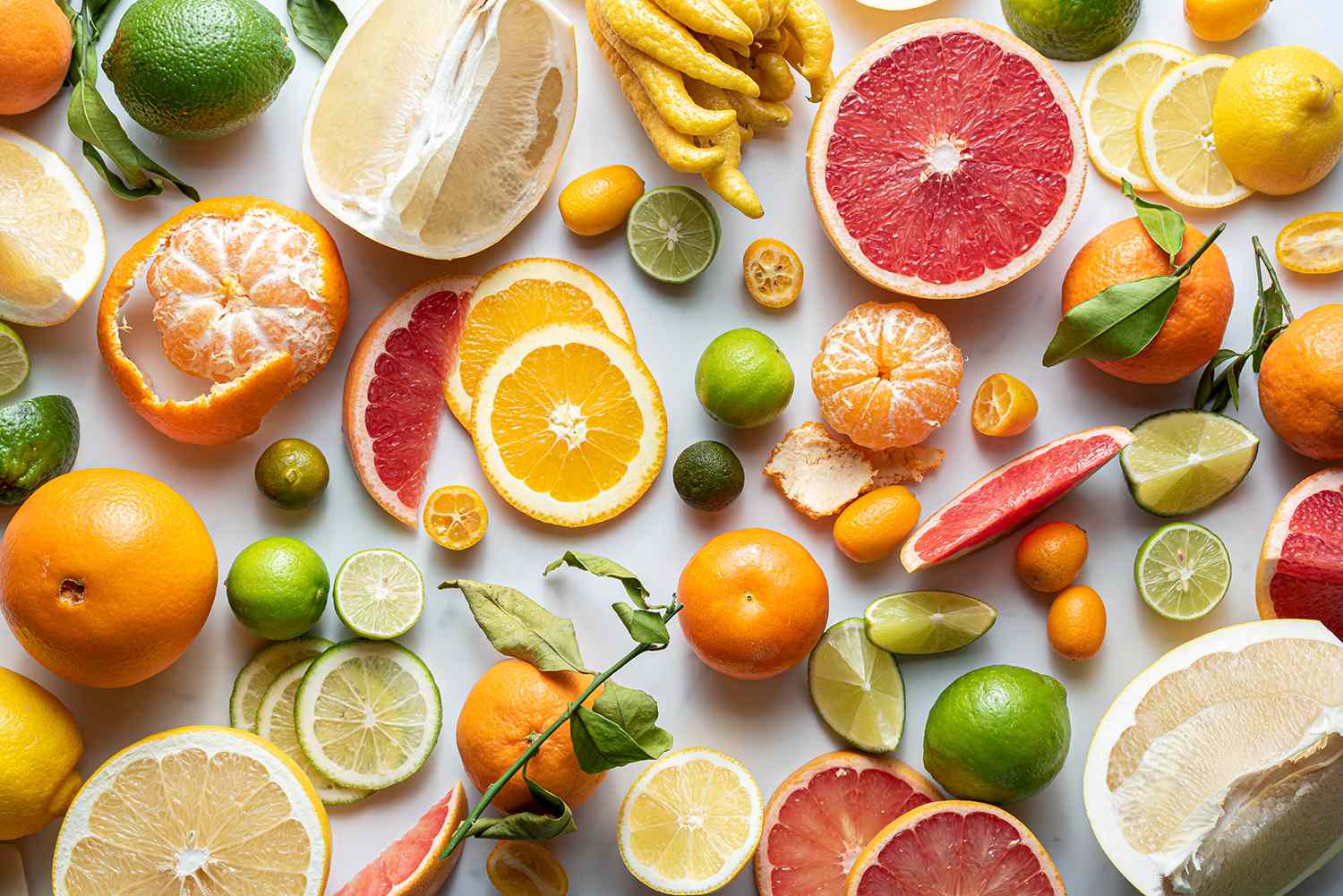
Citrus fruits, such as oranges and lemons, have a high acid content that can cause other fruits to spoil faster. Store citrus fruits separately or in the refrigerator to maintain their freshness and prevent flavor transfer.
8. Cucumbers and Tomatoes
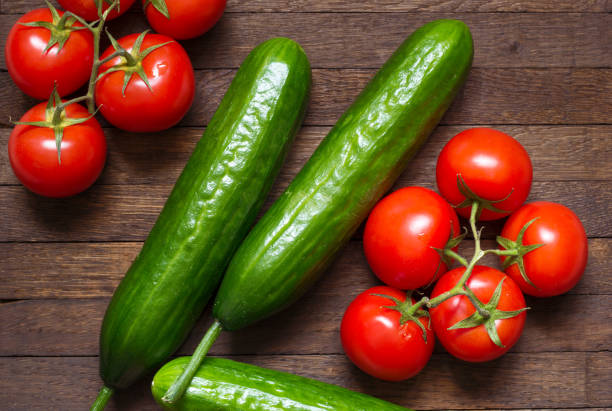
Cucumbers are sensitive to ethylene gas and can develop a bitter taste when stored with tomatoes. Keep cucumbers away from tomatoes to preserve their flavor and quality.
9. Garlic and Apples
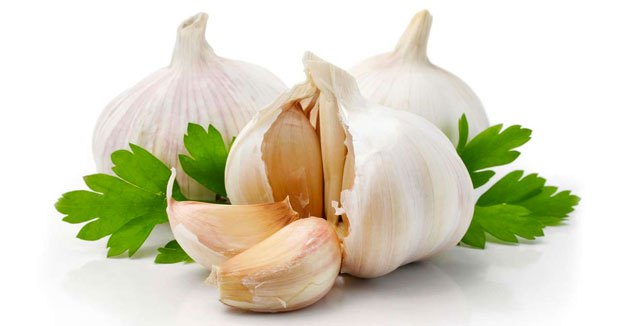
Garlic can absorb odors easily, including the scent of apples. To prevent your garlic from taking on an apple taste, store them separately.
10. Melons and Other Fruits
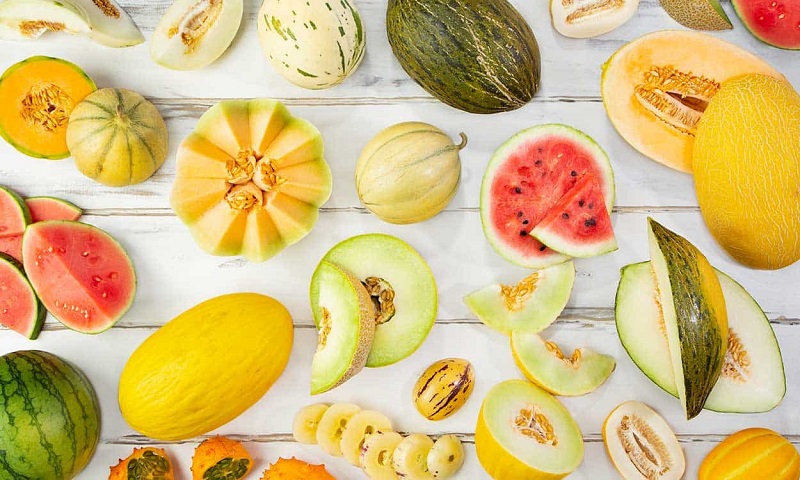
Melons, such as watermelons and cantaloupes, produce high levels of ethylene gas, which can hasten the ripening process of nearby fruits. Keep melons separate from other fruits to prevent premature spoilage.
Conclusion:
Proper storage of fruits and vegetables plays a crucial role in preserving their freshness and quality. By understanding which produce should not be stored together due to ethylene gas emissions, you can extend the shelf life of your fruits and vegetables, reduce waste, and enjoy them at their optimal flavor and nutritional value.







